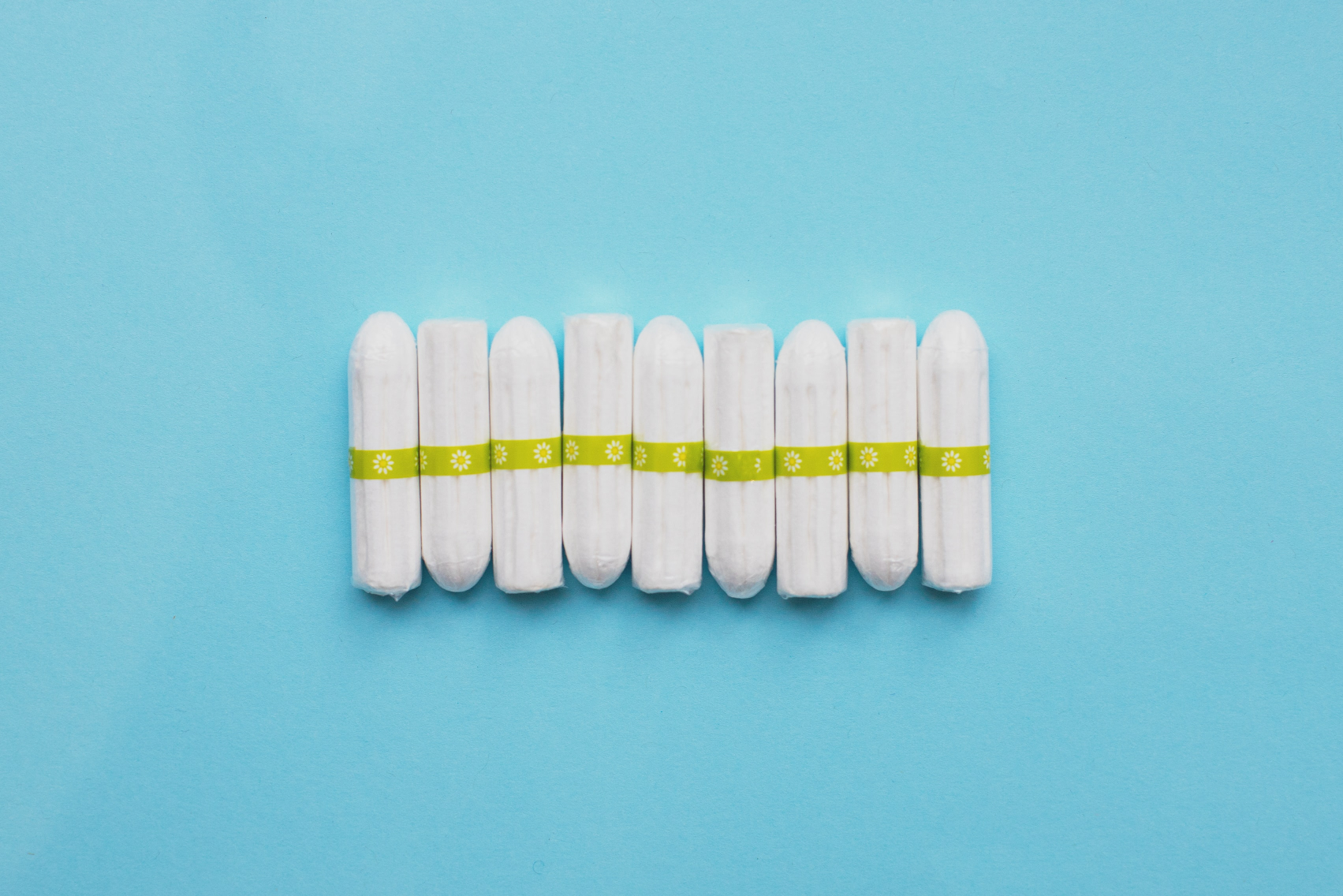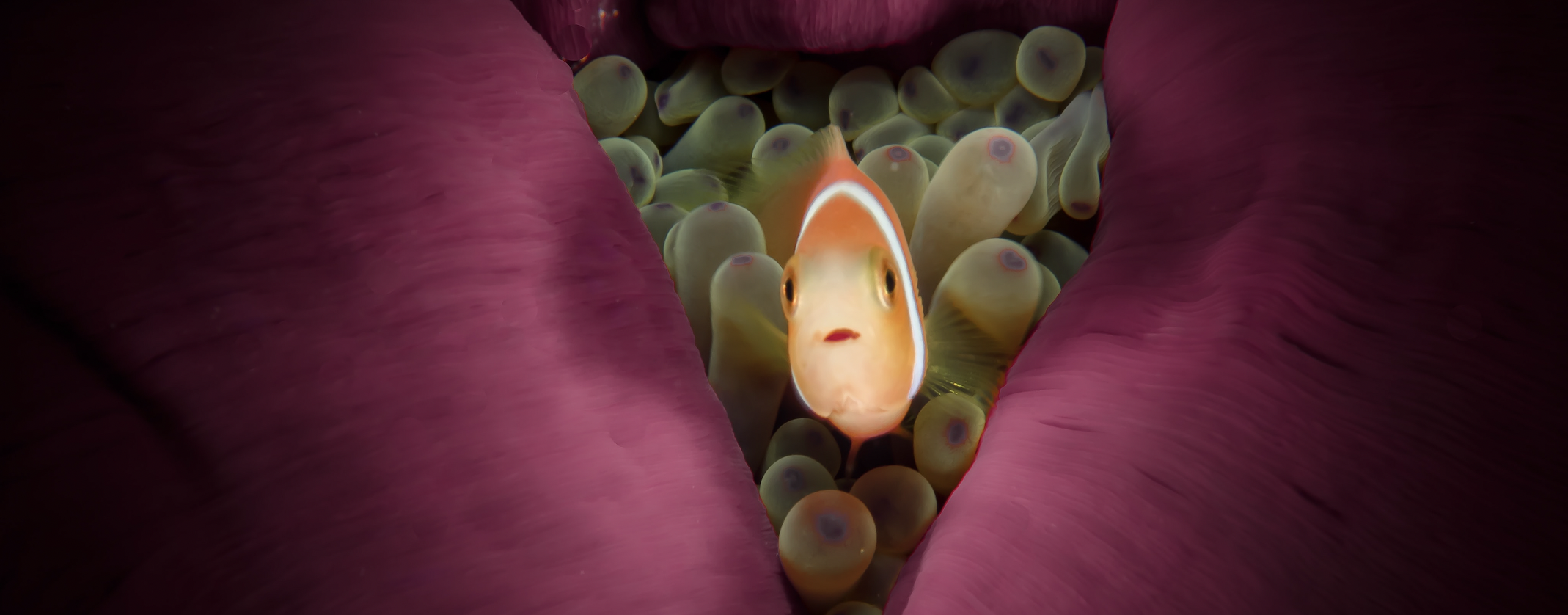

Knowledge
Getting Pregnant with Uterine Fibroids: Everything You Need to Know about Fibroids and Fertility
Uterine fibroids, also known as myomas or leiomyomas, are noncancerous growths on the muscular tissue of the womb. Fibroids are quite common: up to 70% of reproductive-aged women will have them at some point. If you’re trying to start a family, it can be a little scary to learn that you have something growing in your uterus besides a baby and likely have a lot of questions. Do fibroids cause infertility, and what type of fibroids affects fertility the most? In this article, we do a deep dive into the different types of fibroids, possible treatments, and how they impact fertility and pregnancy.
Types of fibroids
There are 4 types of fibroids, and they are classified according to where they are growing:
Subserosal fibroids: These are the most common type of fibroids (55%) and are located on the outer wall of the uterus.
Intramural fibroids: The second most common type of fibroids (40%) are located in the muscular layers of the uterine wall.
Submucosal fibroids: These myomas protrude into the uterine cavity.
Pedunculated fibroids: These are the least common type of fibroids and grow out of the uterus on a stalk.
Medical experts don’t know exactly what causes fibroids to form but believe it to be a combination of genetic, hormonal, and environmental factors. Vitamin D deficiency has also been linked to fibroid growth.
Whether or not fibroids cause symptoms and need treatment depends on where they are located, how many fibroids there are, and how big they are. Mostly, they form on the uterus but can also appear in the cervix, bladder, and bowel.
Symptoms of fibroids
Some women who have fibroids don’t notice any symptoms. As they grow larger, it’s more likely for symptoms to appear.
Here are the common signs of uterine fibroids:
- Heavy and prolonged periods (hypermenorrhea) which can lead to anemia and fatigue
- Painful periods (dysmenorrhea)
- Lower back pain
- Pelvic pressure or pain
- Pain during sex
If fibroids are large and pressing against the bladder or bowel, they can also cause constipation and a need to pee more often.
Do fibroids cause infertility?
It’s true that some types of fibroids can decrease fertility. How big they are and where they’re located determine if fibroids impact fertility. Many women with fibroids can conceive naturally and have no problems during pregnancy.
Fibroids can reduce fertility in a few different ways. They can:
- Block fallopian tubes
- Alter the shape of the cervix and limit how many sperm can get through
- Change the shape of the uterus which interferes with sperm movement and growth of the embryo
- Change the size of the uterine lining
- Affect the flow of blood to the uterus
Fibroids are found in up to 10% of women who aren’t able to conceive after one year. 2-3% of the time, fibroids may be the only cause of infertility. So other factors besides fibroids usually make it more challenging to get pregnant.
That’s why it’s super important to get a comprehensive fertility test before starting fibroids treatment to see if any other conditions affect your reproductive health. At LEVY Health, we offer fast and in-depth diagnostics for up to 65 conditions that can reduce female fertility and create personalized treatment plans to help you along your journey to parenthood.
What type of fibroids affects fertility the most?
Submucosal fibroids (inside the uterine cavity) and very large intramural fibroids (over 6 cm in diameter on the uterine wall) have the most significant impact on fertility. This is because these types of fibroids distort the womb’s shape, making it more difficult for the fertilized egg to implant, and increasing the risk of pregnancy loss. Research shows that subserosal fibroids do not affect fertility.
Fibroids and pregnancy
Some women don’t realize they have fibroids until they are already pregnant and they show up on the ultrasound scan. And not all fibroids grow during pregnancy or cause complications. Most women with fibroids during pregnancy have a healthy pregnancy and delivery. If you have a few small fibroids, it’s usually nothing to worry about.
That said, depending on the size, location, and how many fibroids you have, certain problems can arise during pregnancy that you should be aware of so you can protect both your and your baby’s health.
Fibroids may make it more difficult for the placenta to attach to the uterine wall, restrict the baby’s growth, and increase the risk of miscarriage and preterm birth. They may also make it more likely that the baby is positioned bottom-down rather than head-down during delivery.
At times, fibroids can grow in size during pregnancy. They tend to shrink back down by the end of the third trimester. If they grow very large and outgrow their blood supply, they can cause sharp pain, which may require treatment in a hospital.
Fibroids Treatment
Doctors decide the course of treatment for uterine fibroids on a case-by-case basis, depending on the severity of the symptoms. Possible therapies include fibroid removal surgery (myomectomy), medication, non-invasive treatments, and interventional radiology. These can shrink the fibroids, reduce abnormal bleeding, and even make the fibroids disappear altogether.
Research shows that when submucosal fibroids are surgically removed before conception, there are higher pregnancy and delivery rates, especially when fibroids are the only cause of fertility problems. Doctors also usually recommend fibroid removal surgery for intramural fibroids that are ≥ 5 cm in diameter.
It’s not always necessary to remove fibroids before getting pregnant, and it isn’t recommended for certain types of fibroids. It’s very rarely necessary to have fibroids surgically removed during pregnancy.
After a myomectomy, the uterus will need anywhere from a few weeks to six months to heal before trying to conceive.
If you have fibroid removal surgery and then get pregnant, be sure to inform your OB-GYN because they may recommend a C-section rather than a vaginal birth.
Takeaway
The main thing to remember is that while some fibroids can interfere with fertility, other factors are usually at play that make getting pregnant more of a challenge. Many women who have fibroids don’t experience fertility problems or complications during pregnancy. If you’re having trouble conceiving and want to learn more about your reproductive health, create your LEVY Health profile and begin your detailed fertility analysis today.
- Fibroids and Fertility. ReproductiveFacts.org from the American Society for Reproductive Medicine. Accessed 21 April 2022.
- Fibroids and Fertility. Mayo Clinic. Accessed 21 April 2022.
- Freytag D et al.: Uterine Fibroids and Infertility. Diagnostics (Basel). 2021;11(8):1455.
- Uterine Fibroids: Q&A With an Expert. Johns Hopkins Medicine. Accessed 21 April 2022.
You might also like...

Female hormones: What you need to know about reproductive hormones, the menstrual cycle, and fertility
When you’re struggling with fertility, one of the first places to look is your hormones. Certain vital reproductive hormones are in charge...
Silvia Hecher
January 17, 2024

Fertility blood test: Why does it need to be cycle days 2-5?
When you test your fertility with LEVY, you will always check your basic reproductive hormone levels (including FSH, LH, TSH, Prolactin, Estradiol,...
Lena
September 8, 2022

Forms of amenorrhea and fertility
Not getting your period is a condition called amenorrhea. It’s important for fertility because not having a menstrual cycle with monthly ovulation...
Lena
January 18, 2022

Fertility Foods for Women to Help You Get Pregnant Faster
How you nourish your body is key not only when you have a baby in your belly, but also to help prepare...
Kayla
March 22, 2022

10 Reasons IVF can fail and What to Do Next
Why IVF fail: Although in-vitro fertilization (IVF) can help many people who weren’t able to conceive naturally have a child, there’s unfortunately...
Lena
March 2, 2023

Iron: The secret ingredient for fertility?
Getting your daily recommended amount of vitamins and minerals is key to getting pregnant and having a healthy pregnancy. So, how does...
Lena
November 30, 2022

What your AMH levels can tell you about fertility
FSH, LH, estrogen, progesterone… If you’re struggling to have a baby, you’re probably becoming an expert on all things hormones. AMH is...
Lena
August 25, 2022

6 Interesting Facts About Ovaries You Might Not Know
Women have two ovaries which are located on either side of the uterus. They’re around 3-5 cm long – about the size...
Kayla
April 20, 2022

What to expect when testing your fertility with LEVY
If you’ve been trying to conceive for a while, it’s totally normal to feel frustrated. Why hasn’t it happened for you yet,...
Kayla
February 3, 2022




